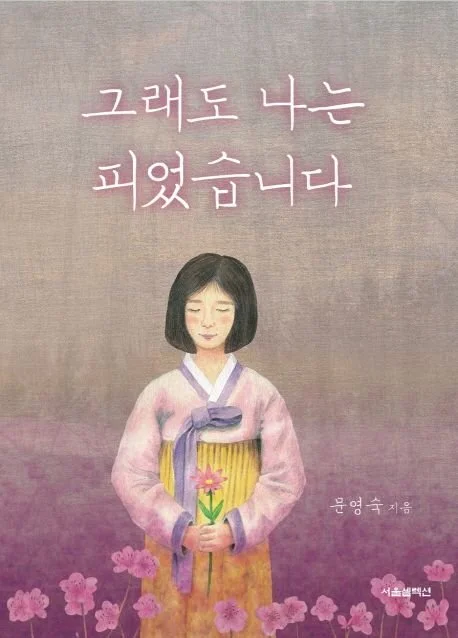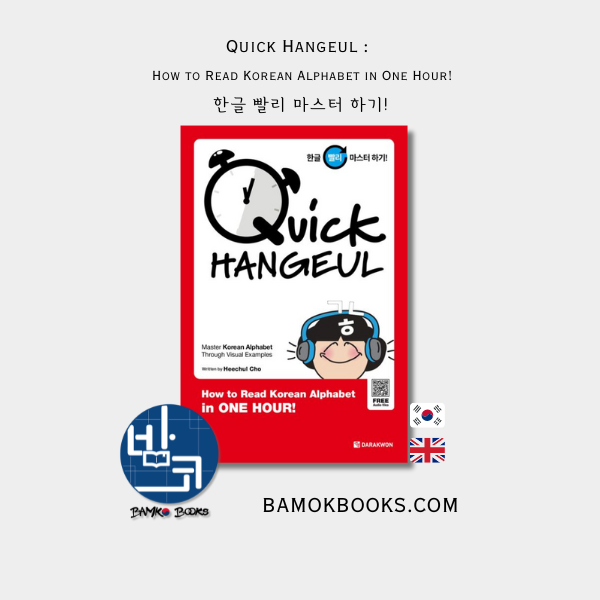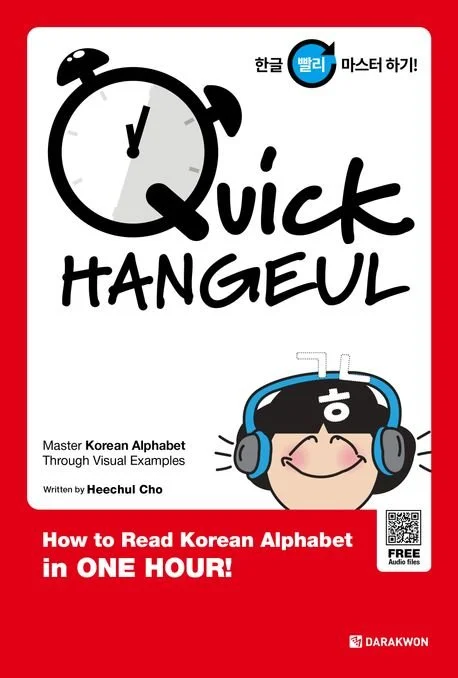<KR>
수상내역/미디어추천
전문기관 추천도서 > 문학나눔 선정도서 > 2017년 상반기 선정
미디어 추천도서 > 주요일간지소개도서 > 한국일보 > 2016년 10월 2주 선정
치유될 수 없는 상처, 일본군 '위안부'를 말하는 문영숙의 한 편의 역사소설『그래도 나는 피었습니다』. 앞서 일제강점기 우리 민족의 수난과 디아스포라를 다룬 청소년 역사소설들을 꾸준히 써왔던 저자는 이 책에서 독자들의 이해를 돕고자 소설의 각 장 말미에 해당 내용과 연관된 짤막한 역사 읽기 자료를 덧붙였다.
이제 갓 중학교를 졸업한 유리에게는 3년 전에 실종된 외할머니가 있다. 그러다 유리의 중학교 졸업식 날 갑자기 날아든 외할머니의 부음으로 유리네 가족은 충격과 혼란에 빠진다. 외할머니의 부음을 전해온 곳은 다른 아닌 나눔의 집. 평생 가족들에게조차 숨겨야 했던 춘자 할머니의 비밀은 무엇이었을까? 방직공장에 돈 벌러 간다는 거짓말에 속아 트럭에 올라탄 1937년 봄, 그날 이후 열세 살 춘자에게 무슨 일이 일어났을까?
<ENG>
Award details/media recommendations
Specialized institution recommendation book > Literature sharing selected book > Selected book in the first half of 2017
Media recommendations > Introduction of major daily newspapers > Hankook Ilbo > Selected as the 2nd week of October 2016
"Still, I Bloomed," a historical novel written by Moon Young-sook, who talks about the "Japanese Military Sexual Slavery" of the Japanese military. In order to help readers understand, the author, who has consistently written historical novels about the hardships and diaspora of the Korean people in Japanese colonial era, added a brief historical reading material related to the content at the end of each chapter of the novel.
Yuri, who just graduated from middle school, has an maternal grandmother who disappeared three years ago. Then, Yuri's family is shocked and confused by her maternal grandmother's sound that suddenly flew in on her graduation day. What was the secret of Chun-ja that she had to hide from her family all her life? What happened to Chun-ja, who was 13 years old after that spring of 1937 when she got into a truck by lying that she was going to a textile factory to make money?
<FR>
Détails de l'attribution des prix/recommandations des médias
Livre de recommandation de l'institution spécialisée > Littérature partageant un livre sélectionné > Livre sélectionné au premier semestre 2017
Recommandations des médias > Introduction des grands quotidiens > Hankook Yuan > Sélectionné comme 2e semaine d'octobre 2016
"Still, I Bloomed", un roman historique écrit par Moon Young-sook, qui parle de "l'esclavage sexuel militaire japonais" de l'armée japonaise. Afin d'aider les lecteurs à comprendre, l'auteur, qui a toujours écrit des romans historiques sur les épreuves et la diaspora du peuple coréen à l'époque coloniale japonaise, a ajouté à la fin de chaque chapitre du roman une brève lecture historique.
Yuri, qui vient d'être diplômée du collège, a une grand-mère maternelle qui a disparu il y a trois ans. Ensuite, la famille de Yuri est choquée et confuse par le son de sa grand-mère maternelle qui a soudainement débarqué le jour de sa remise de diplôme. Quel était le secret de Chun-ja qu'elle a dû cacher à sa famille toute sa vie ? Qu'est-il arrivé à Chun-ja, qui avait 13 ans après le printemps 1937 quand elle est montée dans un camion en mentant qu'elle allait dans une usine de textile pour gagner de l'argent ?
목차
할머니가 사라졌다
2016년, 서울
엄마의 비밀
2016년, 나눔의 집
방직공장에 돈 벌러가요
1937년, 충청도 서산
날개 꺾인 새
1937년~1941년, 중국 네이멍구
거친 바람을 따라가다
1941년, 난징에서 상하이까지
내 방에 들어온 괴물들
1941년, 양가택 위안소
머나먼 뱃길
1942년, 남방으로
전쟁 같은 날들
1943년, 필리핀 레이테 섬
축복 받지 못한 생명
1944년, 야전벼원
나와 함께 도망쳐요
1945년, 정글
배를 기다리며
1945년, 바닷가
복순 언니
1945년, 미군 함정
포로가 되어
1945년, 마닐라 포로수용소
엄마, 저 왔어요
1946년, 고향
소녀상을 지켜라
현재, 서울
작가의 말



























